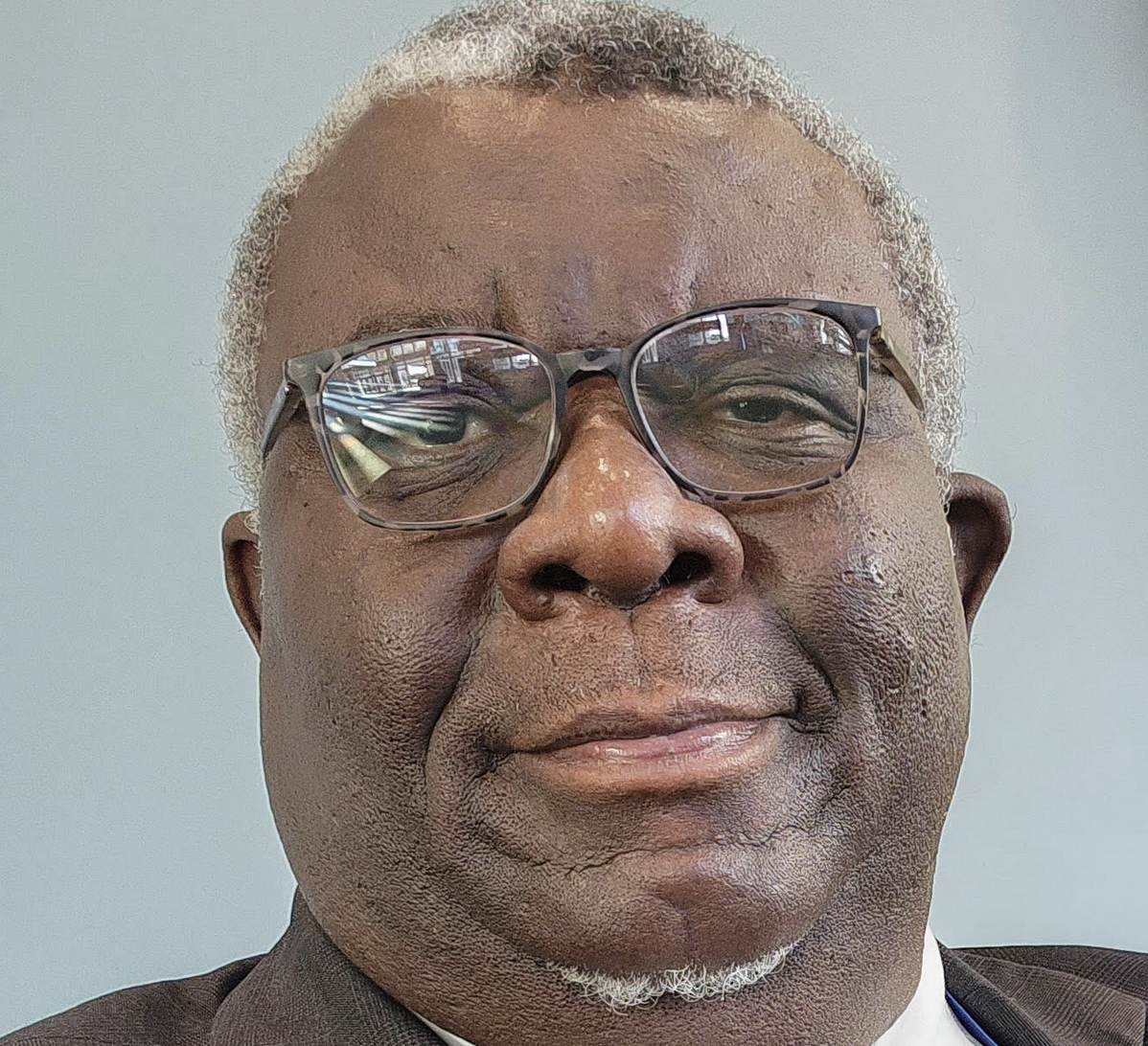Submitted by Atrue Freeman

Sir Neville, thank you for your response of January 17, 2011, to my email of January 8, 2011. Sir Allan C. Fields, Chairman of Barbados Dairy Industries Limited (BDIL), states in BDIL’s 2010 Annual Report that BDIL is expected to be de-listed during January 2011 (see below extract). I urge that a condition of the delisting be that the minority shareholders be offered a fair price, for their shares, of cash or shares in Banks Holdings Limited, which owns 83.74% of BDIL.
Extract from Chairman’s Report, 2010 Annual Report of Barbados Dairy Industries Limited:
During the year, our shareholders approved the Board’s recommendation to de-list our Company from trading on the Barbados Stock Exchange. This approval was obtained at an extra-ordinary shareholders meeting, held on the 27th May 2010. This was communicated to the Barbados Stock Exchange who approved our request in November 2010 and forwarded their approval to the Securities Commission for ratification. We expect that BDIL will be removed from the list of Companies trading, during January 2011. Our decision to de-list was taken because our Company has not benefited from being listed as borne out by the very low volume of shares traded. When the cost associated with staying listed was taken into consideration, financially it makes sense to de-list. I assure our shareholders that we will continue to manage our Company in keeping with established corporate controls and practices.
On Mon, Jan 17, 2011 at 9:33 AM, <seccom@caribsurf.com> wrote:
Dear Sir / Madam
The following is in response to your email of January 8, 2011 in which you commented on the matter of de-listing a security from the Barbados Stock Exchange Inc. and in particular on the perceived effect of a de-listing on minority shareholders.
We draw your attention firstly to section 38(1) of the Securities Act, Cap. 318A (“Securities Act”) which provides that where an application is made for an Order from the Commission authorising the de-listing of a security, the Commission may impose such conditions, if any as it thinks fit for the protection of investors.
In responding to a request for an Order authorizing the de-listing of a security therefore the Commission takes into consideration the particular circumstances of a de-listing and proceeds in accordance with the provisions of section 38 of the Securities Act.
It is important to note that in accordance with section 38(2) of the Securities Act the Commission may only refuse to authorize the de-listing of a security in circumstances where the de-listing is in breach of the rules of the self-regulatory organization; or an agreement entered into by the issuer of the security.
The Commission is not aware of any recent case in which a de-listing was requested by a Company without the minority shareholder first being offered a fair price for their shares.
In the only other recent case of de-listing, it should be noted that the de-listing was requested by the BSE because of the continued failure of the listed Company to comply with the Rules of the BSE and the Listing Agreement entered into by the Company.
Yours sincerely
The Securities Commission
2nd Floor, British American Insurance Building
Magazine Lane, Bridgetown
BARBADOS, BB11080
Tel: (246) 437-3924 | Fax: (246) 437-3931
On Sat, 8 Jan 2011 14:15:01 -0500 Atrue Freeman <@gmail.com> wrote:
Sir Neville, the role of the Securities Commission in part is “… the protection of investors by ensuring that they are able to invest in a fair, orderly and transparent market…”.
Under no circumstances can the delisting of a company, which has minority shareholders, be fair to its minority shareholders, especially when the major shareholder controls/holds in excess of two-thirds of the voting shares. Allowing any such delisting will set a disturbing precedent, with the potential to disadvantage minority shareholders of the companies now listed on the Barbados Stock Exchange, where there is a major shareholder that holds/controls at least two-thirds of a listed company’s shares.
If the major shareholder of a listed company desires to delist that company, the minority shareholders should first be offered a fair price, for their shares, of cash or shares in the major shareholder, if itself a listed company.




The blogmaster invites you to join the discussion.